25th December: 5 Powerful Insights Into The Traditions, Significance, and Celebrations Of Hindu Festival
Table of Contents
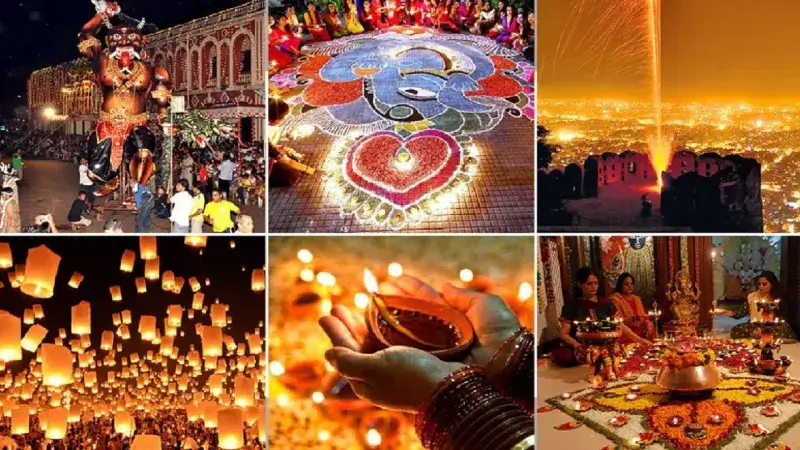
December 25th is widely recognized around the world as Christmas Day, a time of celebration for Christians. However, for Hindus, this date carries its own significance, linked to various religious and cultural traditions. The 25th December Hindu festival is celebrated across different parts of India, though it may not have the same universal recognition as other major Hindu holidays like Diwali or Holi. It holds unique importance in different regional and cultural contexts, providing an opportunity to explore various celebrations and rituals.
In this blog, we’ll uncover five powerful insights into the 25th December Hindu festival, examining how different communities across India celebrate this day, its spiritual and cultural significance, and the traditions that make it special. From honoring deities to social gatherings and community activities, this festive day carries diverse meanings for people across the country.
1. A Celebration of Lord Jesus in Some Hindu Communities
While Christmas is primarily a Christian celebration, there are certain Hindu communities, particularly in states like Goa and Kerala, who observe December 25th with reverence and joy, recognizing the birth of Lord Jesus Christ. The arrival of Christ is seen not just as a Christian event but as a universal celebration of peace, love, and compassion—values that are deeply appreciated in Hindu philosophy.
In Goa, where Christianity is widely practiced, many Hindus join their Christian neighbors in celebrating the spirit of Christmas by visiting churches, lighting candles, and partaking in the feast of good food. This cultural exchange fosters harmony and religious tolerance between communities. For these Hindu families, Christmas is not just a Christian event but a shared cultural moment that emphasizes values such as love, charity, and goodwill.
Additionally, in places like Kerala, where Christianity and Hinduism coexist harmoniously, you’ll often find families of different faiths joining together for festive meals, music, and prayers. This reflects the syncretic nature of Indian society, where festivals from one community are often celebrated by others with respect and unity.
2. Winter Solstice Celebrations: A Spiritual Connection
For many Hindus, the 25th December aligns with the winter solstice, which is an important celestial event. This marks the shortest day and the longest night of the year, after which the days begin to get longer. In Hinduism, this event is often connected to the worship of Surya, the Sun god. The solstice is seen as a time for renewal, as the increasing sunlight symbolizes the victory of light over darkness and knowledge over ignorance.
In certain parts of India, especially in rural areas, the winter solstice is celebrated through special prayers and rituals that honor Surya. Offerings of water, fruits, and flowers are made to the Sun, seeking blessings for health, prosperity, and spiritual enlightenment in the coming months. The solstice is considered a time of spiritual rejuvenation, and many Hindus use this opportunity to start new practices, make resolutions, or reflect on their spiritual journeys.
While this connection to the solstice is not widely recognized as a major Hindu holiday, it is still celebrated by certain groups with deep reverence, particularly those who are more attuned to nature and the cosmic cycles.
3. The Birth of Lord Vishnu: A Day of Reverence for Devotees
For some Hindus, particularly those in southern India, the 25th December is marked as the day of the birth of Lord Vishnu in certain regional calendars. Vishnu, one of the principal deities in Hinduism, is regarded as the protector of the universe and a preserver of cosmic order. Devotees who celebrate this day honor Lord Vishnu through special prayers, offerings, and rituals aimed at seeking protection and blessings for the year ahead.
In temples dedicated to Lord Vishnu, particularly in states like Tamil Nadu, Andhra Pradesh, and Karnataka, special pujas (rituals) are performed on December 25th. These may include the recitation of sacred texts like the Vishnu Sahasranama (the thousand names of Vishnu) and the singing of devotional songs known as bhajans. Families may also conduct personal rituals at home, such as the lighting of lamps, symbolic of the victory of light and knowledge.
For these devotees, the 25th December festival is a spiritual occasion, reminding them of Vishnu’s role in maintaining order in the universe and offering a sense of peace and security as they step into a new year.
4. Charitable Acts and Community Outreach
Another significant aspect of the 25th December Hindu festival is its focus on charity and giving. Drawing from the themes of generosity and goodwill that are central to Christmas celebrations, many Hindus use this time as an opportunity to give back to their communities. In particular, it’s common for families to donate food, clothes, and money to the poor and needy.
The spirit of charity is deeply embedded in Hinduism, with the concept of dāna (giving) being highly regarded as an essential act of righteousness. On December 25th, charitable organizations, temples, and community groups often organize free meals, food drives, and health camps for those who are less fortunate. This day becomes a way to honor the values of compassion, selflessness, and service to others that are common to both Hindu and Christian teachings.
The act of charitable giving on this day is often seen as a form of seva (selfless service) and is believed to bring blessings of prosperity, health, and spiritual fulfillment.
5. Cultural Celebrations and Community Festivities
In many parts of India, December 25th is also seen as a time for family gatherings and community celebrations. These festivities may not always be linked to religious rituals, but they are a vibrant expression of cultural unity. Communities come together to enjoy traditional food, music, and dance.
For example, in cities like Mumbai, Kolkata, and Delhi, people from all walks of life—irrespective of their religious backgrounds—may participate in street festivals, enjoying performances, food stalls, and public celebrations. In some regions, especially in places with a large Christian population, Christmas fairs are organized, which include a blend of cultural and religious performances.
Hindu families may celebrate the day by exchanging gifts, lighting candles, or preparing special sweets to share with friends and neighbors. It is a time of joy, togetherness, and mutual respect, where people from diverse backgrounds unite to celebrate life, community, and the spirit of togetherness.
Conclusion: A Day of Unity, Reflection, and Charity
The 25th December Hindu festival is a multi-faceted day, shaped by a combination of spiritual significance, cultural practices, and community outreach. From honoring Lord Vishnu’s birthday to celebrating the winter solstice and engaging in acts of charity, this day offers numerous opportunities for Hindus to reflect on important values like peace, love, compassion, and generosity.
Whether it is the deeply spiritual rituals of Lord Vishnu’s worship, the charitable activities to support the underprivileged, or simply the cultural celebrations with loved ones, this day serves as a reminder of the interconnectedness of all people and the shared values that transcend religious and cultural boundaries.
By embracing the universal message of goodwill and kindness, the 25th December festival in India strengthens the bonds between communities and fosters a sense of collective unity and purpose. It’s a celebration of light, love, and the spirit of giving—principles that are fundamental to both Hinduism and the broader human experience.
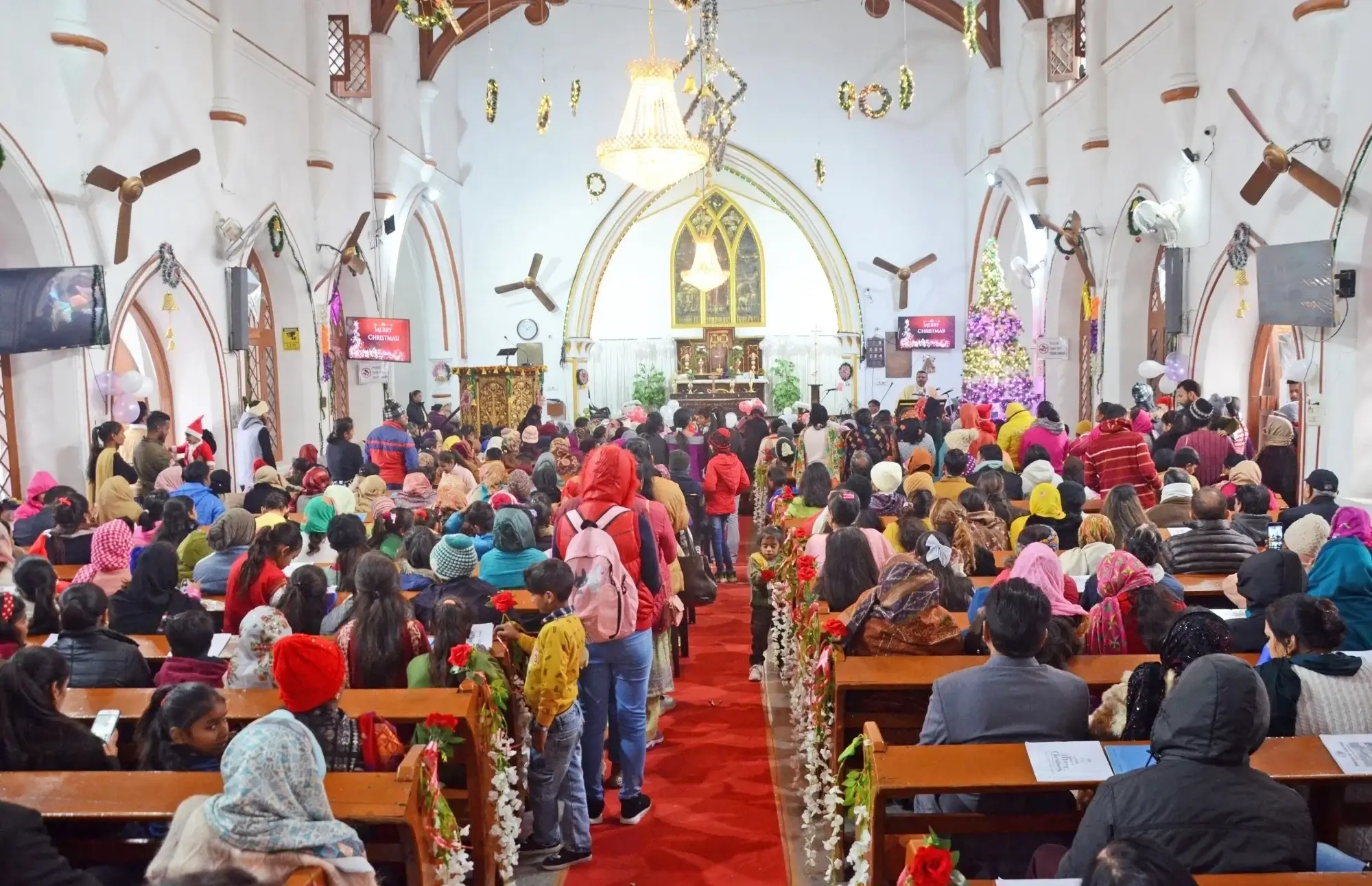
For more interesting stories: Om Prakash Chautala’s Legacy: 5 Unforgettable Lessons from His Life and Passing | 25th December: 5 Powerful Insights Iinto The Traditions, Significance, and Celebrations Of Hindu Festival |
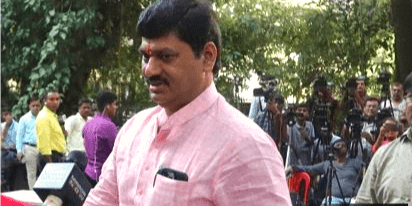

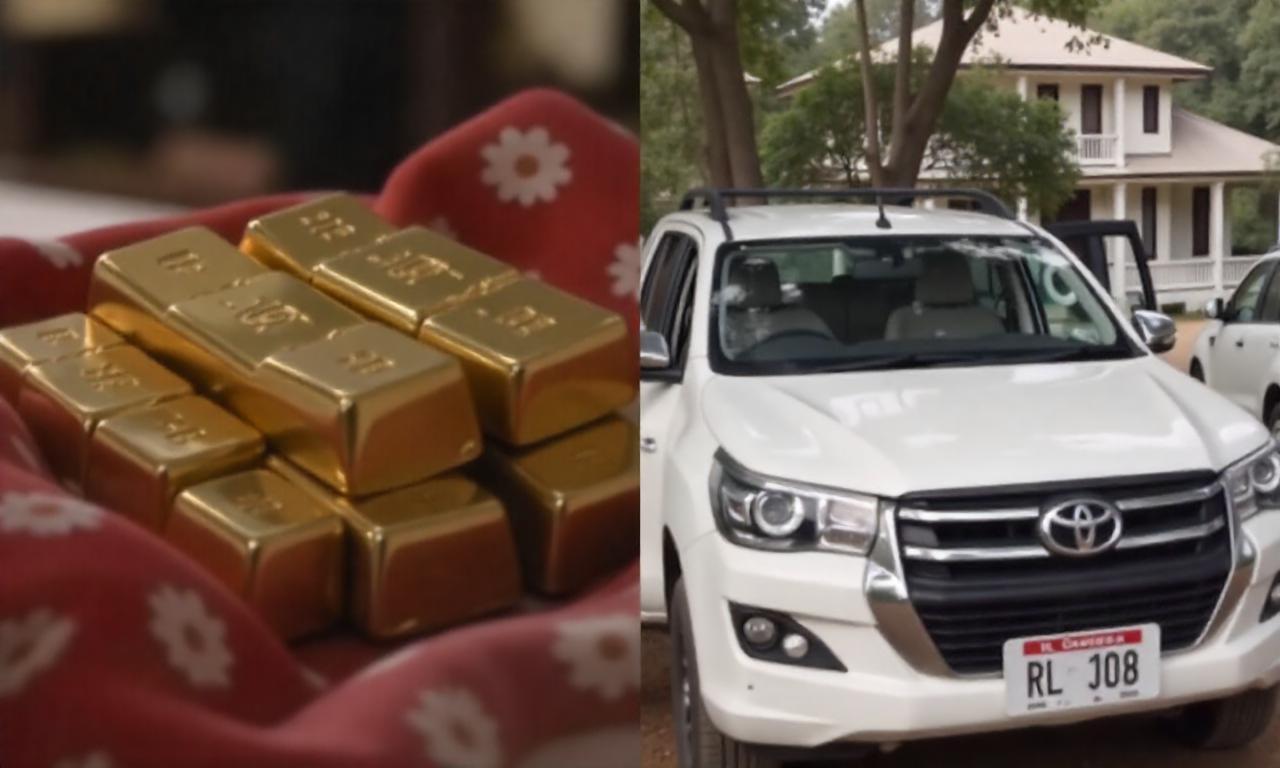
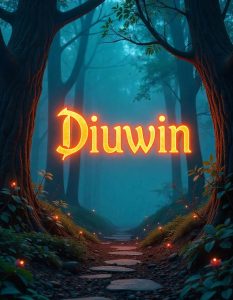



Post Comment